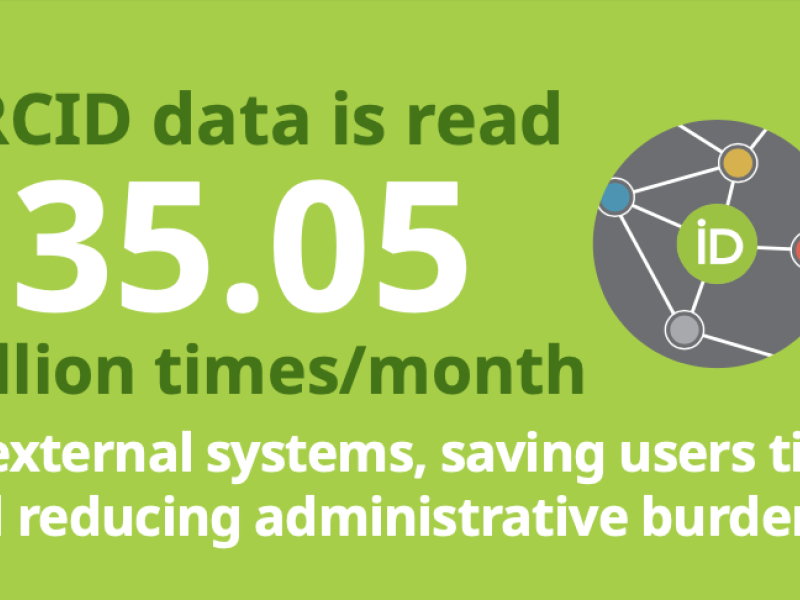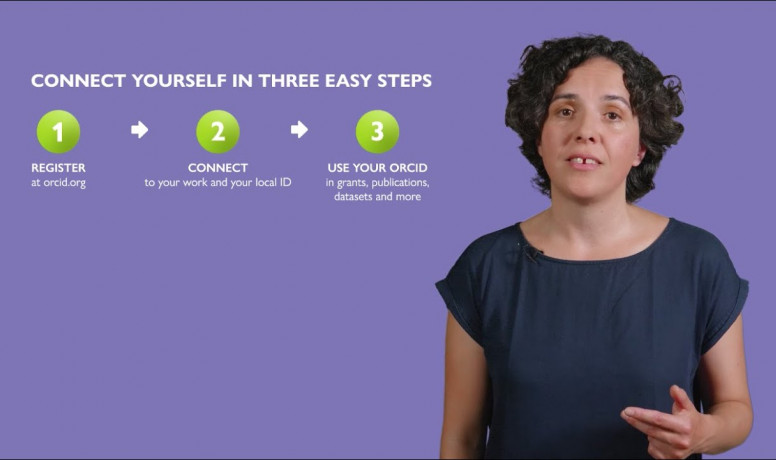ORCID: the unique identifier for authors of scientific work
ORCID makes research, scientific articles and authors easier to find. In addition, research is easier to distinguish and links between research, grants and innovation activities become more visible.
What is ORCID?
ORCID stands for 'Open Researcher and Contributor IDentity' and its mission is to make visible the transparent and reliable links between research, grants and innovation activities. The findability of information is improved with ORCID. It also makes it easier to generate reports and analyses, for example on the number of publications by researchers affiliated to a particular university or the total scientific output within the Netherlands. In addition, ORCID provides direct added value for the researcher himself: it is a personal signature that allows the researcher to automatically fill his or her profile with the research output as registered in the institution's Research Information System (RIS). This generates an up-to-date overview of the researcher's scientific output.
In 2010, ORCID was established as an independent, international, not-for-profit system that provides researchers with a persistent 'identifier'. That identifier allows researchers to share their own data with a database where their scientific articles and affiliations are displayed. A key premise of ORCID is that the researcher has and keeps ownership of their ORCID and can decide which information is shared. There are now more than 7.5 million ORCID registrations worldwide.
Why ORCID?
In bibliographic systems, it often happens that sources are attributed to the wrong author. Personal names can change over time and look very similar. For example, authors may change institutions and be working somewhere else in the meantime. ORCID provides a unique and persistent 'identifier' for researchers to link to their research output, making this more distinguishable.
For more information on ORCID, watch the video
- Radboud University Nijmegen
- Delft University of Technology
- Leiden University
- Maastricht University
- Utrecht University
- University of Amsterdam
- Free University of Amsterdam
- Wageningen UR
- Erasmus University
- Géant
- Open University
- KNAW
- University of Groningen
- University of Tilburg
- University of Twente
- Eindhoven University of Technology
- University of Applied Sciences Utrecht
- NWO
ORCID consortium in the Netherlands
ORCID has 15 consortia in Europe, including the Dutch ORCID consortium (ORCID-NL). SURF leads the Dutch consortium, for which we organise two meetings a year so that members can exchange experiences. We also work with ORCID on product improvements. In addition, we provide support for the further implementation of ORCID by the consortium members. There are currently 19 members in the Dutch consortium.

More info?
Want to know more? Feel free to contact me.

